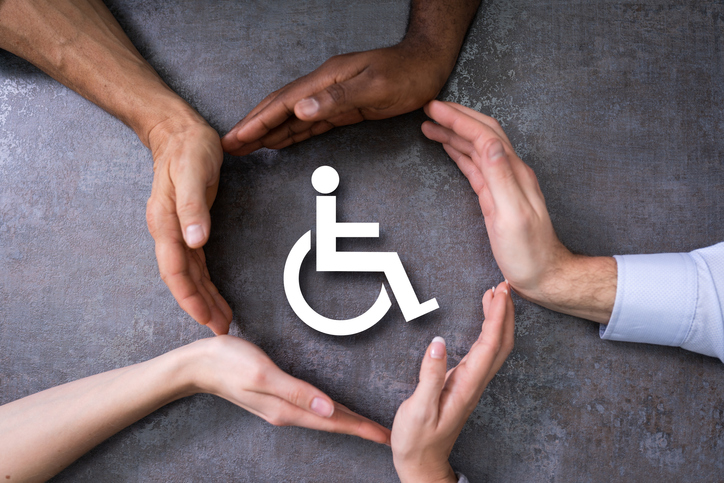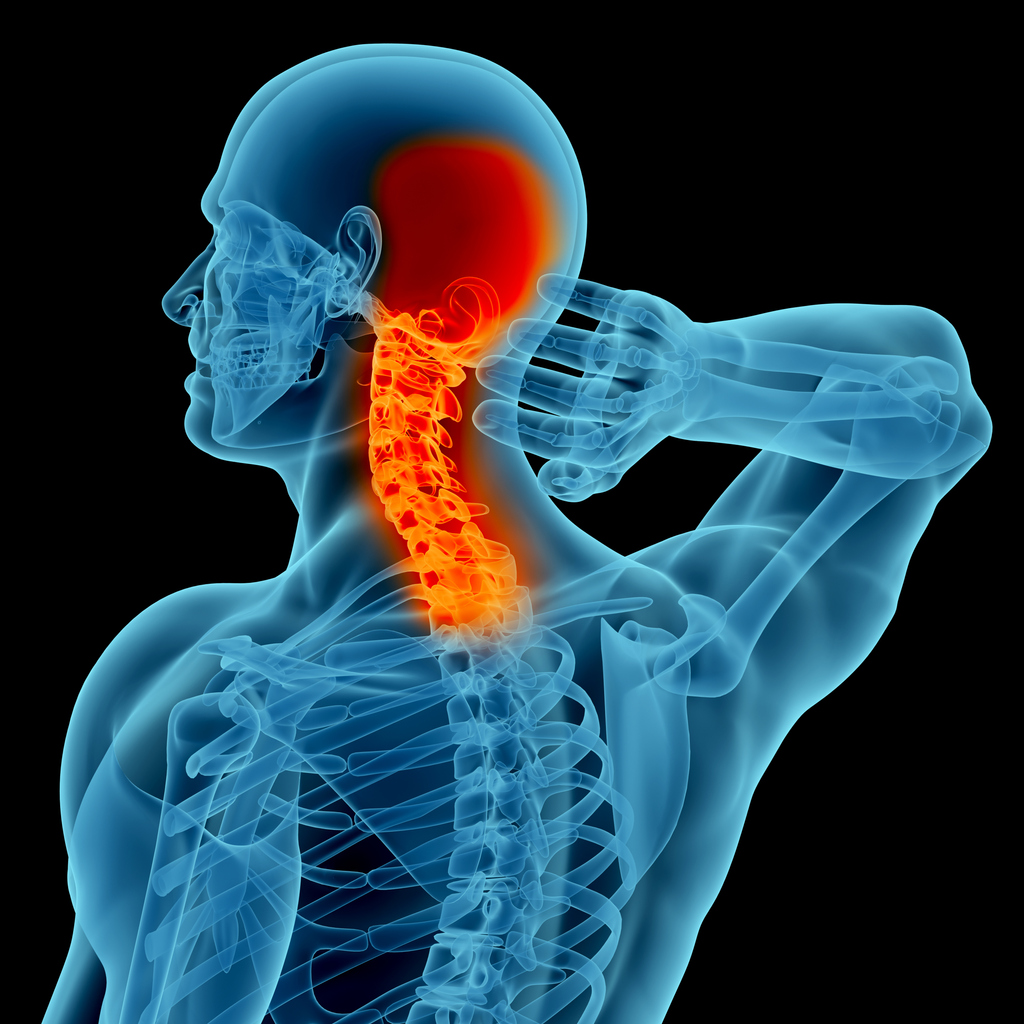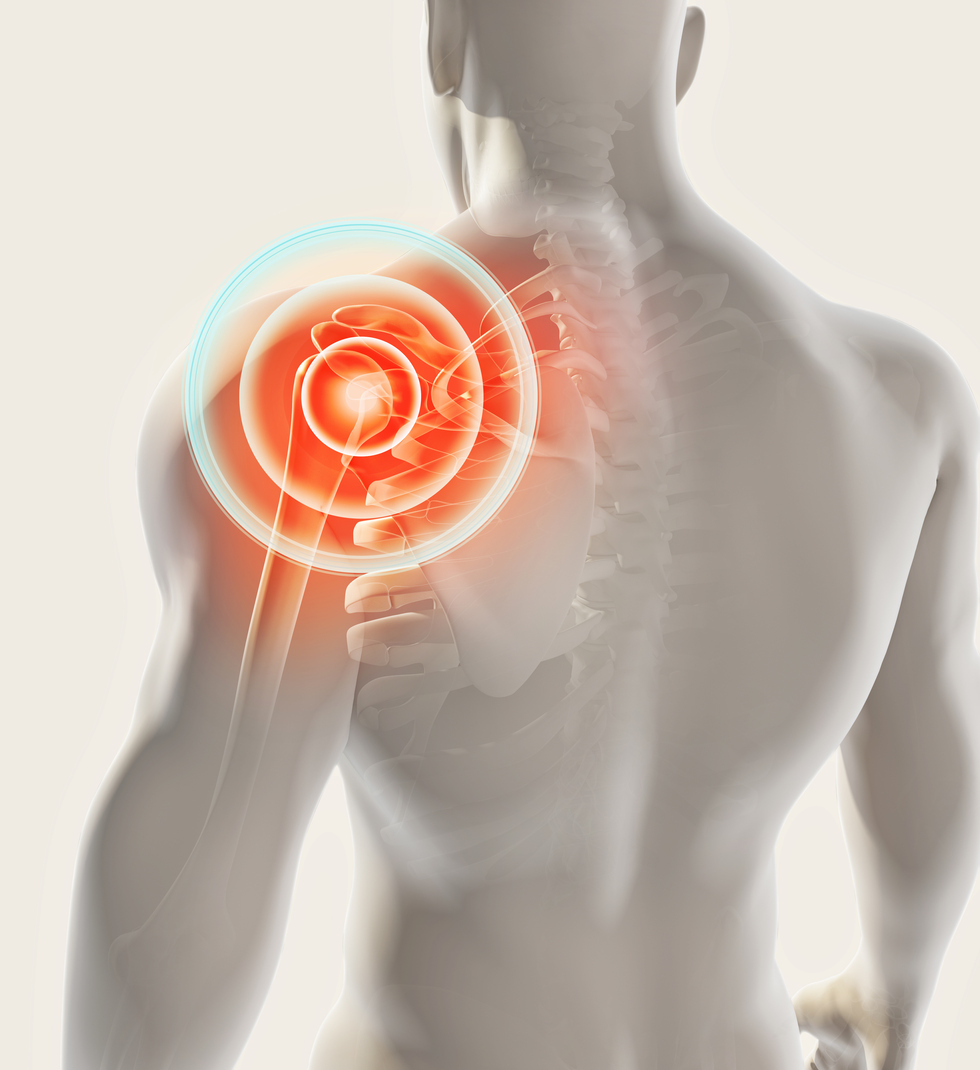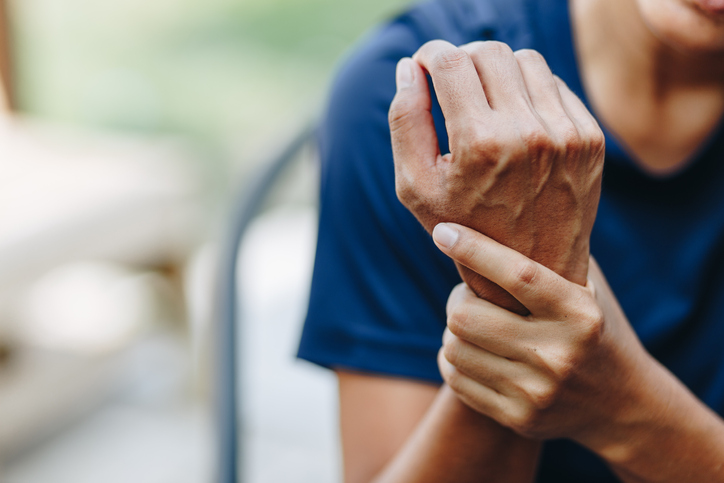Living with Chronic Pain
What Is Ableism?

Ableism is a set of beliefs that favors able-bodied individuals and discriminates against disabled individuals. Ableists may treat those with chronic pain or other disabilities differently, and often negatively.
Ableism and chronic pain
Individuals with chronic pain may encounter ableism during daily activities, in the workplace, in social relationships, and even in the health care system.
They may be made to feel “less than” or guilty for their pain. They may even feel that they just need to work harder to overcome their condition. However, chronic pain has nothing to do with an individual’s value or lack of determination; quite the contrary, living with chronic pain typically takes more determination and patience than most people realize.
Ableism may also make an individual with chronic pain feel that they need to hide their condition to make others feel comfortable. Hiding their condition may include not talking about their pain, not using mobility aids, and participating in activities that may worsen pain. However, attempts to appear able-bodied can increase pain and fatigue and also negatively impact mental health.
Tips to avoid being an ableist
Tips to avoid being an ableist, particularly toward individuals with chronic pain, include the following:
- Remember that not all disabilities are visible. There may be no obvious outward signs that a person is dealing with chronic pain.
- Be willing to acknowledge and discuss chronic pain or disability. Ignoring an individual’s disability can minimize their experience.
- Avoid victim blaming. Individuals with chronic pain are not at fault for their condition. Avoid blaming them or their lifestyle choices for their chronic pain.
- Consider individual needs when planning activities or events. Invite and include individuals with chronic pain as much as possible, but understand that they may need to change or cancel plans due to increased pain levels or fatigue.
- Avoid offering unsolicited medical advice. Although medical advice is often well-intentioned, individuals with chronic pain generally have a wealth of knowledge about their condition and have one or more medical professionals managing their treatment.
- Value people as they are, regardless of their capabilities. Do not place less value on a person because they have chronic pain or cannot participate in certain activities.
For more ways to be an ally against ableism, check out The Mighty.
















